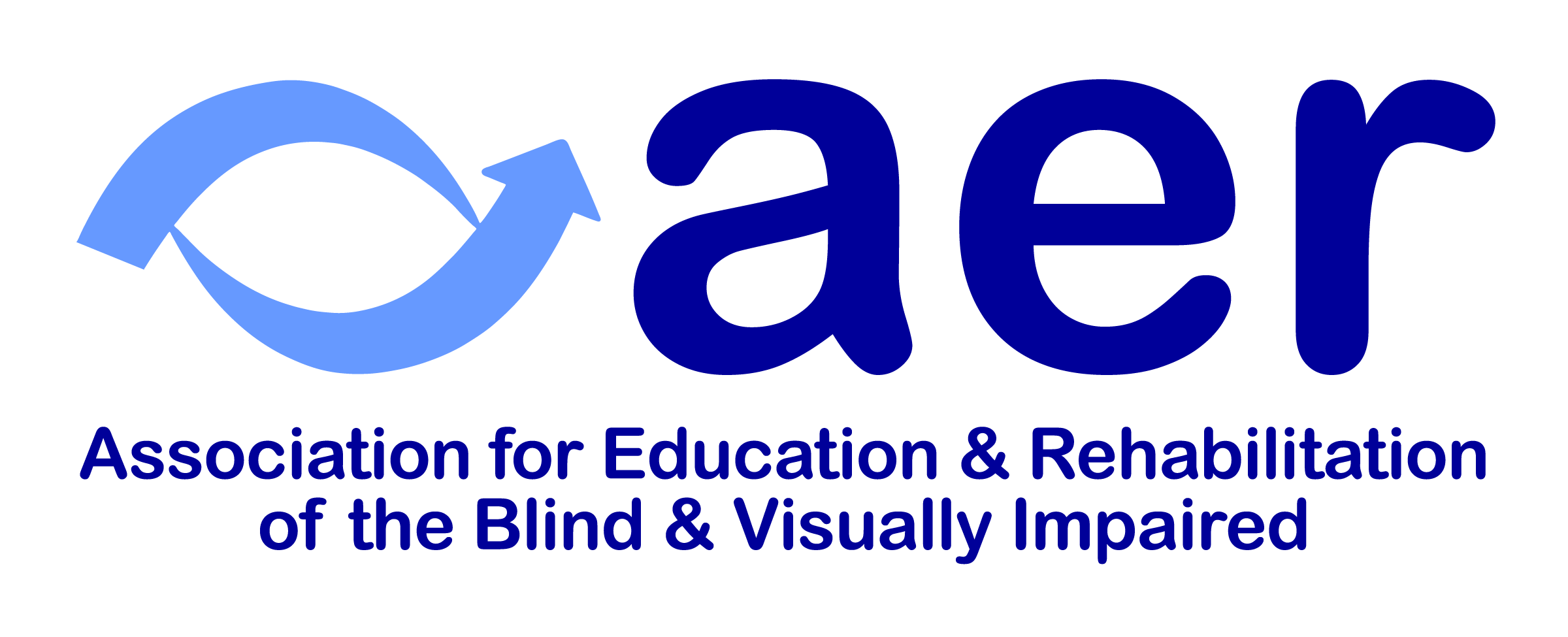
Welcome to the AER
Vision Rehabilitation Therapy Division
About
Welcome to the AER Vision Rehabilitation Therapy Division
Our Mission is:
To serve as a national and international forum for information on current issues in certification and related legislation; provide updates on University Personnel Preparation issues and trends; and opportunities for continuing education, specialized meetings, and training forums.
To facilitate the exchange of current resources and product information, updates members on research and educational trends, provides university certification standards to the AER University Review program, and promotes employment opportunities.
To provide instruction and guidance in adaptive independent living skills, enabling adults who are blind and visually impaired to confidently carry out their daily activities. Vision Rehabilitation Therapists are active members of multidisciplinary service teams, providing consultation and referrals utilizing community resources. [Rehabilitation Teaching University Personnel Preparation Guidelines]
GET TO KNOW US:


VACANT
Chair-Elect




VACANT
Canadian Representative

Vacant
Subject Matter Expert Committee Liaison

Natalie Martiniello
Professional Prep Program Representative
(University of Montreal)
Year Strategic Plan Committee Chairs:
Field and Public Awareness:
Frankie Marcille [email protected]
Meghan Fink [email protected]
Strengthening the Field of VRT
Jennifer Ottowitz [email protected]
Policy and Funding
Cathleen McGuire [email protected]
GET LEARNING
What is a Vision Rehabilitation Therapist?
A Vision Rehabilitation Therapist works primarily with blind and visually impaired adults. This highly specialized career requires university preparation and adherence to a Code of Ethics and certification standards. Certification is administered through The Academy for Certification of Vision Rehabilitation and Education Professionals (ACVREP).
“Vision Rehabilitation Therapists constitute a cadre of university-trained professionals who address the broad array of skills needed by individuals who are blind and visually impaired to live independently at home, to obtain employment, and to participate in community life. As a discipline, Vision Rehabilitation Therapy combines and applies the best principles of adaptive rehabilitation, adult education, and social work to the following broad areas: home management, personal management, communication and education, activities of daily living, leisure activities, and indoor orientation skills.” (Crews & Luxton, 1992)
What would some job responsibilities be for a VRT?
- Assessing and evaluating the independent living needs and abilities of individuals with impaired vision for meeting immediate and lifelong goals
- Developing individualized Vision Rehabilitation Therapy plans in conjunction with the learner
- Teaching adaptive skills needed for independent living in areas of personal management, household management, communication, education, leisure activities, orientation and movement in the indoor environment, and use of low vision devices and training techniques
- Coordinating the implementation of the Vision Rehabilitation Therapy service plan;
- Teaching problem solving and resource utilization, including the acquisition of adaptive equipment
- Facilitating the individual’s and family’s psychosocial adjustment to impaired vision;
- Case management and case recording
- Providing consultation, public education, and in-service training.
- Case management and record keeping
- Identification and utilization of community and national resources
- Utilization of community support service
- Facilitation of psychosocial adjustment to vision loss
What does a VRT hope to achieve?
- Restore the adult who is newly visually impaired to his/her accustomed lifestyle
- Assist the person who is developmentally disabled or multiply impaired and visually impaired in reaching his/her highest potential for independent living
- Demonstrate to other professionals the knowledge, skills and attitudes which make services for persons who are blind and visually impaired more effective
- Provide instruction to persons who are blind and visually impaired in such areas as home and personal management; adaptive communications skills including braille, typing and computer access; orientation in the home; home mechanics; diabetic and health management; and community resources.
Where might a VRT work?
- Agencies serving people who are blind and visually impaired
- Residential schools for children who are blind and visually impaired
- Local school districts providing services to children who are blind and visually impaired
- Centers for people with developmental disabilities
- Centers for Independent Living (CILs)
- State Vocational Rehabilitation Services
- Hospital and clinic rehabilitation teams
- Community-based vision rehabilitation therapy services
Where Can you to study to become a VRT?
Are you interested in becoming a vision rehabilitation therapist? Below is a list of university programs that are approved by the AER University Review Committee. Many programs have grant funding to address a national and regional shortage of service professionals with specialized knowledge in visual impairments. Students meeting admission and grant scholarship requirements may be eligible for tuition support!
Graduate Programming links:
- Northern Illinois
- UMass Boston
- Western Michigan
- Salus University
- University of Montreal
- Hunter College
Here are a few of our favorite resources that we use as VRTs in the field!
From Polly: Braille Refreshers
Braille Refresher questions are designed to “refresh” your braille knowledge by sharing a weekly nugget of braille instruction in the form of a question. Each question is delivered via SurveyMonkey and takes about two minutes to complete. Anyone from anywhere in the world can sign up by emailing their name and braille-related title to [email protected]. (Your “braille-related title” could be transcriber, TSVI, student, sibling, etc.)
There are many types of Braille Refresher questions. The question of the week might ask you to choose the correct braille for a printed word or phrase or ask you to identify a braille symbol; other questions give a silly joke in braille with the punchline in print; and there are lots more! After submitting an answer, you get immediate feedback, but your answers remain anonymous. Braille Refresher questions are not meant to measure your braille knowledge but rather to give it a fun and *refresh*ing jolt of energy.
These questions are great for teachers, students, and parents! To subscribe to these emails at any time, please send your name and braille-related title to [email protected].
From John: Retired Seniors Volunteer Program (RSVP)
The AmeriCorps Seniors RSVP program pairs thousands of Americans aged 55 and older with organizations making change in communities across the country. AmeriCorps Seniors volunteers who serve in our RSVP program choose how, where, and when they want to serve, with commitments ranging from a few hours to 40 hours per week. You can find an opportunity with any of the thousands of organizations we work with that see service as a solution to local, regional, and national challenges. AmeriCorps Seniors volunteers themselves report better health and longevity having served their community.
From Dan: VisionAware: Getting Started – Guide for People New to Vision Loss
If you have been recently diagnosed with a visual impairment, you are about to begin a journey for which you may not be prepared and for which you may have many questions. The information provided here can help you navigate your journey. It will not provide you with the answers to all of your questions, but it will point you in the direction of finding the tools, information, support systems, and guidance you seek during this new and challenging (https://visionaware.org/getting-started)
From Tina: The PenFriend
Audio labeling devices such as the PenFriend enables you to record your own audio labels for a wide range of items in and around the home, at school, and on the way to work. To identify an item, touch the label with PENfriend and it will play back your voice recording! Labels can be re-used and can play back up to 60 minutes of content.
Get Connected
Do you want to submit content to these platforms for us to feature? Do you have any questions about becoming a VRT? Email us at [email protected] Not sure how to create content or what we might be looking for? Click the following link to learn more: This document does not exist yet but is coming soon!!
VRT Listserv
A listserv has been established for VRTs to share experiences, ideas, and information to better serve our consumers. This list provides a forum to ask questions, share product information, discuss available and up coming technology, and stay connected with VRTs across the country to serve the ever growing and evolving community of people with vision loss. The list is available to anyone who would like to participate in a respectful and professional manner. To subscribe, view archives, edit your list settings, or unsubscribe, please click here. If you have any trouble signing on to the list you’re welcome to email the admin/moderator Sarah Heinrich, CVRT/COMS, [email protected].
